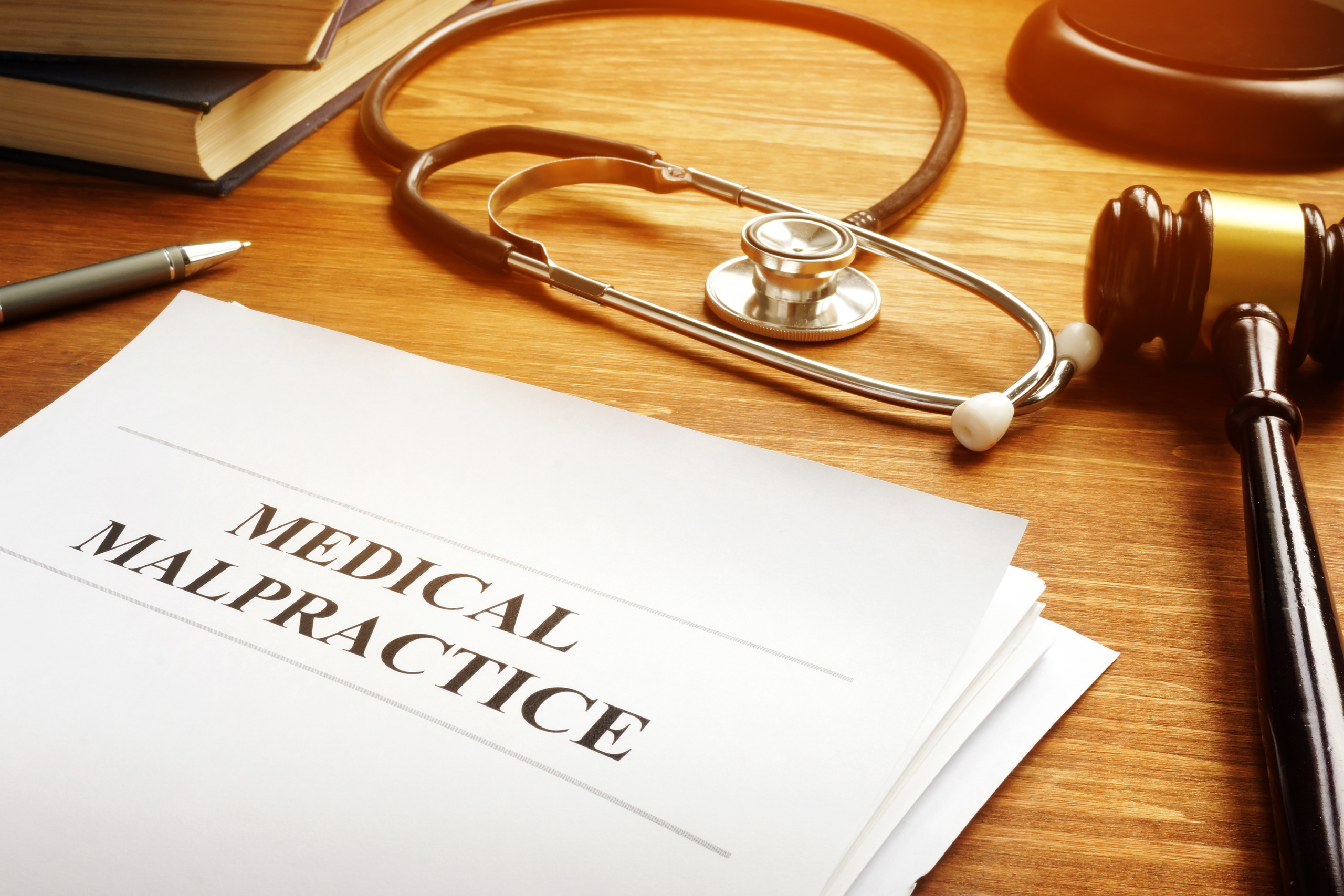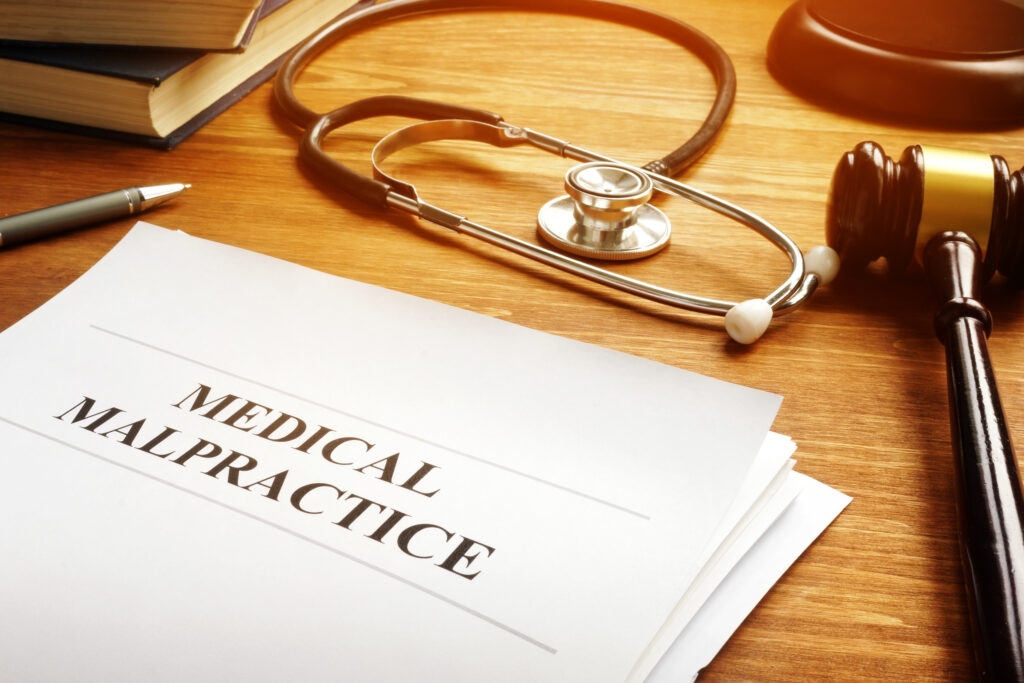Medical malpractice lawsuits are among the most complicated legal battles. When a court delivers a verdict that does not go in your favor, you may feel that justice was not served. Fortunately, Pennsylvania law allows you to challenge the decision through an appeal. This process, however, is not about retrying your case but about reviewing potential legal errors made during the trial.
Appealing a medical malpractice verdict is a legally intensive process that requires strong legal grounds, adherence to strict deadlines, and the expertise of an appellate attorney. This guide explains the Pennsylvania malpractice appeal process, including the legal basis for appeal, required steps, common challenges, and the role of an appellate lawyer.
Understanding Medical Malpractice Appeals
What an Appeal Is and What It Is Not
An appeal is a legal challenge to the way the original trial was conducted, not a chance to present new evidence or re-argue the facts. The appellate court does not reexamine witness testimony or revisit the medical facts of the case. Instead, it focuses on whether the law was correctly applied and whether procedural errors affected the trial’s fairness.
If the appellate court finds that significant errors occurred, it may overturn the verdict, modify the ruling, or send the case back for a new trial. However, if it determines that no serious legal mistakes were made, the original ruling will stand.
Possible Outcomes of an Appeal
After reviewing the case, the appellate court may decide in one of three ways. It may affirm the lower court’s ruling, meaning that the verdict remains unchanged. It may reverse the decision, which could lead to a new trial. In some cases, the appellate court may modify the ruling, adjusting the judgment without ordering a new trial.
Legal Grounds for Appealing a Medical Malpractice Verdict in Pennsylvania
Procedural Errors
Procedural errors are one of the most common reasons for appeals. These include situations where the trial court failed to follow proper legal procedures. If key evidence was improperly admitted or excluded, it may have unfairly influenced the jury’s decision. Similarly, if the jury was given incorrect legal instructions, it could have led to an unjust verdict.
Jury misconduct can also serve as a basis for appeal. If jurors failed to follow legal instructions, demonstrated bias, or conducted independent research outside of the trial, the case may be eligible for review.
Legal Errors in the Trial Process
Legal mistakes occur when the trial judge misinterprets or misapplies Pennsylvania medical malpractice laws. For example, if the judge applied the wrong legal standard when determining negligence or allowed an unqualified expert to present testimony, the appeal could argue that these errors influenced the outcome of the trial.
If a judge failed to allow valid legal arguments or misinterpreted a key aspect of the case, an appellate court may determine that the trial was flawed. These errors must be substantial enough to have potentially changed the verdict.
Newly Discovered Evidence
In rare cases, newly discovered evidence can be a reason for appeal. However, this evidence must meet strict legal criteria. It must not have been available during the trial despite reasonable efforts to obtain it, and it must be strong enough to potentially alter the case outcome. Since appellate courts typically do not consider new evidence, this is a difficult but not impossible route to take.
Judicial Misconduct or Attorney Misconduct
If a judge demonstrated bias, had a conflict of interest, or engaged in misconduct, the fairness of the trial may have been compromised. Similarly, if an attorney acted unethically by suppressing evidence, providing false statements, or engaging in misconduct that affected the trial’s integrity, an appeal may be warranted.
Steps in the Pennsylvania Medical Malpractice Appeal Process
1. Filing a Notice of Appeal
The first step in the appeals process is to file a Notice of Appeal with the appropriate Pennsylvania appellate court. This must be done within 30 days of the trial court’s final judgment. If this deadline is missed, the right to appeal may be lost.
2. Compiling the Appeal Record
Once the appeal is filed, the appellant’s legal team gathers the official trial records. These include trial transcripts, evidence submitted during the case, and rulings made by the judge. The appellate court reviews these documents to determine whether any errors occurred.
3. Drafting and Submitting the Appellate Brief
The appellate brief is the most important document in an appeal. This written argument, prepared by the appellant’s attorney, outlines the specific legal mistakes made during the trial and presents the reasons why the verdict should be overturned or modified.
The brief must include references to relevant laws and past court decisions that support the appeal. Since the appellate court primarily relies on written arguments, a well-crafted brief is crucial for success.
4. Presenting Oral Arguments
In some cases, the appellate court schedules oral arguments where attorneys from both sides present their positions before a panel of judges. The judges may ask questions to clarify key points before making their decision. However, not all appeals require oral arguments; some are decided based on written submissions alone.
5. The Court’s Decision
After reviewing the appellate brief, trial records, and oral arguments, the court issues its ruling. If the appeal is successful, the case may be sent back to the trial court for further proceedings or a new trial. If the appeal is denied, the original verdict remains unchanged.
The Importance of Hiring an Experienced Appellate Attorney
Specialized Legal Knowledge
Medical malpractice appeals require a deep understanding of appellate law. Unlike trial attorneys, appellate lawyers focus on legal arguments rather than witness testimony or new evidence. Their job is to analyze the trial record, identify legal errors, and craft a persuasive argument for the appellate court.
Navigating the Appeals Process
An experienced appellate attorney ensures that all deadlines are met, legal documents are properly drafted, and the strongest arguments are presented. Their expertise significantly improves the chances of a favorable outcome. Without skilled legal representation, the likelihood of success in an appeal is much lower.
Challenges in Appealing a Malpractice Verdict
Strict Filing Deadlines
The most significant challenge in appeals is meeting the strict filing deadlines. The 30-day window to file a Notice of Appeal is non-negotiable, and missing it can permanently prevent a case from being reconsidered.
High Burden of Proof
The burden of proof in an appeal is different from that of a trial. The appellant must show that a legal error directly impacted the outcome of the case. Since appellate courts tend to defer to the trial court’s judgment, overturning a verdict can be difficult.
Financial and Emotional Costs
Appeals can be costly and time-consuming. The legal fees associated with hiring an appellate attorney, preparing case records, and filing necessary documents can be substantial. Additionally, the emotional toll of prolonging litigation should be considered before proceeding with an appeal.
What to Expect After Filing a Medical Malpractice Appeal
Once an appeal is filed, the timeline for resolution varies depending on the court’s workload and the complexity of the case. Some appeals are resolved within months, while others take over a year. If the appeal is denied, the appellant may seek further review from a higher court, though this option is rare and typically reserved for cases involving significant legal issues.
Frequently Asked Questions About Medical Malpractice Appeals in Pennsylvania
Can I appeal a medical malpractice verdict in Pennsylvania?
Yes, you can appeal a medical malpractice verdict in Pennsylvania, but only if there are legal grounds to do so. An appeal is not a retrial but a review of legal errors that may have affected the case’s outcome. If you believe mistakes were made during the trial, such as improper jury instructions, exclusion of key evidence, or misapplication of the law, an appellate court may reconsider the verdict.
How long do I have to file an appeal?
In Pennsylvania, you must file a Notice of Appeal within 30 days of the court’s final judgment. This deadline is strict, and missing it could result in losing the right to appeal. If you are considering an appeal, it is essential to consult an attorney as soon as possible to ensure all deadlines are met.
What happens after I file a medical malpractice appeal?
Once you file an appeal, the court reviews the trial record, including transcripts, evidence, and rulings made by the judge. Your attorney will prepare an appellate brief that outlines the legal errors in the case and presents arguments for why the verdict should be overturned or modified. In some cases, oral arguments may be scheduled, where attorneys present their cases before a panel of appellate judges. After reviewing all the materials, the appellate court will issue a decision, which may affirm, reverse, or modify the original ruling.
Can new evidence be introduced in an appeal?
Generally, new evidence is not allowed in an appeal. The appellate court reviews the trial record and focuses on whether legal errors occurred rather than reconsidering facts or witness testimony. In rare cases, newly discovered evidence may be considered, but it must meet strict legal criteria, including proving that it was unavailable during the trial despite reasonable efforts to obtain it.
How long does the appeals process take?
The length of the appeals process varies depending on the complexity of the case and the court’s schedule. Some appeals are resolved within a few months, while others can take over a year. If the case involves complex legal issues, multiple appeals, or additional court proceedings, the timeline may be extended further.
Contact Purchase, George & Murphey, P.C. Today
If you are considering an appeal, consult an experienced Pennsylvania medical malpractice appellate attorney as soon as possible. A skilled lawyer can assess your case, determine the best legal strategy, and guide you through the appellate process.
To protect your rights and explore your legal options, seek legal advice. Contact us today to schedule a free consultation.














